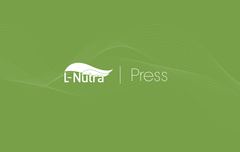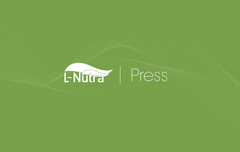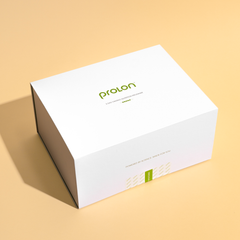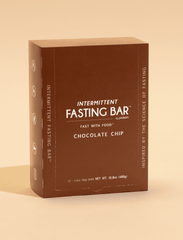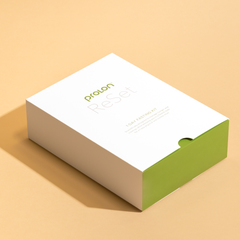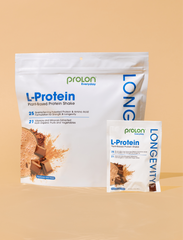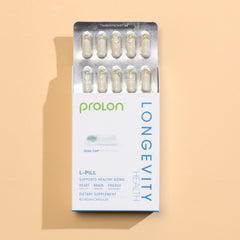
Integrating Fasting-Mimicking Diets with Chemotherapy: Groundbreaking Study Offers New Hope for Leukemia Patients
A recent groundbreaking study published in Cancer Research has unveiled a novel therapeutic strategy that may hold promise for enhancing the efficacy of leukemia treatment, specifically pre-B cell acute lymphoblastic leukemia (B-ALL). This innovative research explores the synergistic potential of combining fasting-mimicking diets (FMDs) with the chemotherapy drug vincristine and sheds new light on the body's innate mechanisms that yield improved health outcomes.
Study Highlights and Innovations
The study meticulously demonstrates that the combination of FMDs and vincristine in mice not only significantly increases the drug's toxicity to leukemia cells but also strengthens the immune response, thereby amplifying therapeutic efficacy. The study found that the improvement in chemotherapy toxicity is mediated, in part, through the inhibition of autophagy—a process some types cancer cells can exploit for survival. The research underscores the impact of the FMDon the immune system, particularly increasing anti-cancer immunity via a higher proportion ofCD8+ cells.
Deeper Insights into Autophagy and Immune System Interplay
One of the study's critical insights is the FMDs ability to decelerate autophagy, which emerges as a central mechanism behind the observed increase in leukemia cell death. Our healthy cells leverage autophagy to support cellular cleanup, but some cancer cells can hijack this mechanism and use them as a way to escape effects of chemotherapy. BALL cells are that such cancer, and display high autophagy activity. FMD can block those escape pathways to ensure that the cancer cells cant escape the chemotherapy, and maximizes the effectiveness of the chemo. The process of autophagy typically allows cancer cells to withstand and adapt to the stress of chemotherapy; however, the introduction of FMDs disrupts this survival strategy. It is worth noting that it appears autophagy plays a dual role in cancer pathogenesis: it can either promote or suppress tumor growth and survival, depending on the cancer type. Fasting appears to strategically sensitize cancer cells to chemotherapy as needed. Additionally, the study provides compelling evidence of an immune-mediated component of the therapy's success, with the enhancement of CD8+ T cell activity indicating a broader, systemic approach to targeting leukemia cells.
They were able to show similar results as the FMD, with autophagy-blocking drugs, like the malaria drug chloroquine. But these drugs could be challenging since they may be effective only against a smaller portion of cancer types while also causing more side effects, while fasting/FMD cycles instead appear to render many therapies more effective not only against a range of blood cancers but also against most solid tumors tested, without significant side effects.
Clinical Implications and Future Directions
The implications of these findings are profound, suggesting that incorporating FMDs into the treatment regimen of leukemia patients could improve outcomes, especially in adults where treatment outcomes have historically been less favorable. This research heralds a shift towards a more integrated treatment model that not only targets cancer cells more effectively but also harnesses the body's immune response and metabolic pathways for a comprehensive therapeutic effect.
The publication of this research in a prestigious database like Cancer Research signifies its potential impact on the field of oncology.
A New Horizon in Leukemia Treatment
The integration of FMDs with chemotherapy, as evidenced by this study, offers a new horizon in the treatment of leukemia. It represents an exciting convergence of nutrition science and oncology, suggesting that the future of cancer treatment could lie in the strategic combination of dietary interventions with traditional therapies. As research in this area progresses, the hope is that patients will benefit from more effective, less toxic treatment options that leverage the body's innate capacities for healing and rejuvenation.






